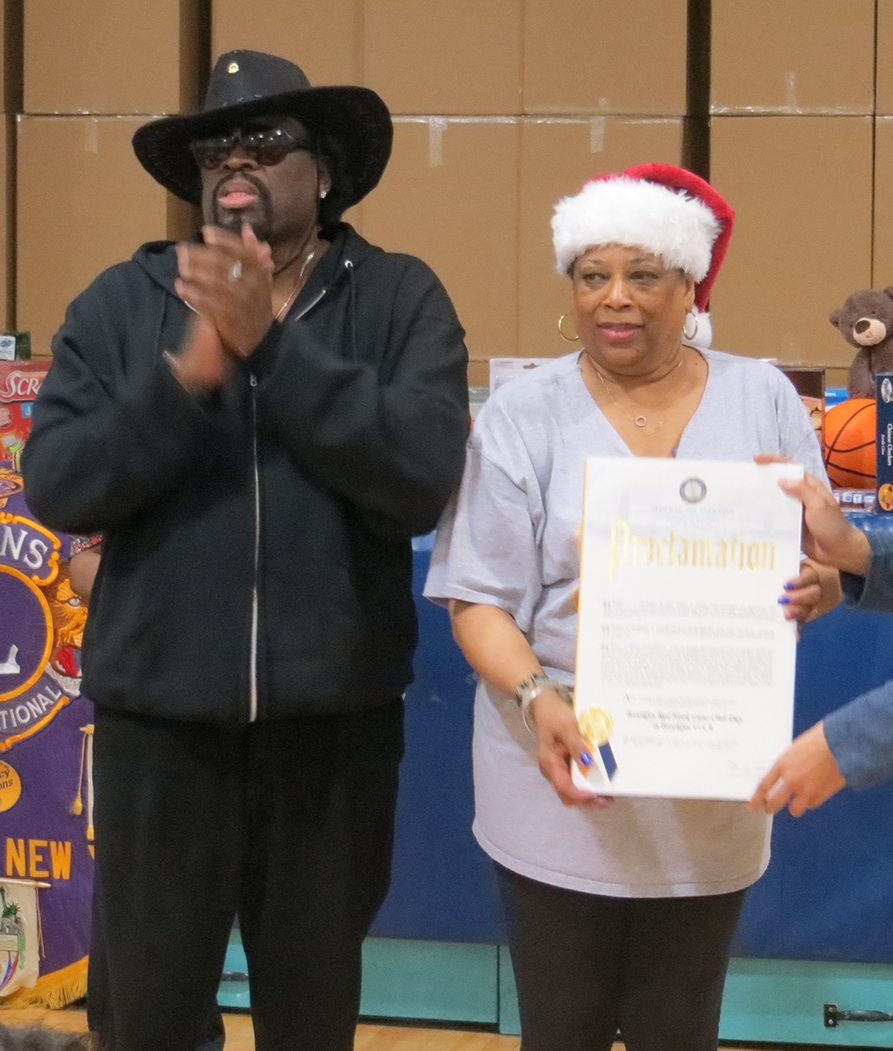The first shots were fired the day Millie was born.
“You’ve finally got yourself a beauty,” was the word in the Kaplan’s Brooklyn neighborhood, where older sister Ruth would be known solely for her intellect.
As grown women during the Second World War, the two main characters in The Wartime Sisters (St. Martin’s Press; January 22, 2019; hardcover), prove that not all battles were fought overseas.
Because both my mother and her sister are members of the greatest generation, I grew up listening to stories about World War II. Hence, I was drawn into the trials and tribulations of the Jewish siblings whose rivalrous upbringing is told in flashbacks.
Whereas my mother and aunt lived pretty much the same lives as an outer borough, married, working women, Millie and Ruth could not be more different, and not just in the looks department. Only the Allied and Axis powers fought more than these two, and they drag into their drama everyone who comes in contact with them. To quote their father: “Small children don’t let you sleep; big children don’t let you rest.”
After Ruth gets married, she puts both Brooklyn and Millie in her rearview when her husband Arthur’s job relocates them to Springfield, Massachusetts. There, she reinvents herself—after, of course, getting used to a place without crowded streets, rows of stores, and knish carts.
However, the contention is rekindled and old patterns emerge when Millie and her five-year-old son show up in the Commonwealth.
Half a decade ago—the last time the sisters spoke—the younger of the two reported that her husband, Lenny, a handsome and charming neighborhood bad boy, had enlisted. Now, the latest news is that he’s gone.
With their parents deceased, and nothing to any longer tie Millie to the BK, she has only her sister, who offers a temporary place to live and a recommendation for employment.
The tables have turned, though. Millie, who according to their mother was destined for New York society and a millionaire husband, becomes Rosie the Riveter, while Ruth, her nose no longer buried in books and a mother as well, attends afternoon teas at elegant homes.
Despite that the pretty one vs. smart one theme is as timeworn as a WW2 vet, author Lynda Cohen Loigman has found a refreshing way to tell the story of these polar opposites, especially by broadening the tale to include other home front women: military wife Lillian and big band singer Arietta, who befriend the estranged sisters. And what female-driven narrative would be complete without a mean girl? Grace looks as though she’s stepped out of the pages of Harper’s Bazaar. She hobnobs with Ruth in noblesse oblige way, and is suspect of young, beautiful war widow Millie and the effect she might have on everyone’s husbands, particularly her own.
Just when you think the novel is nothing more than the sisters’ bickering antics, the plot takes a complex and intricate turn into suspense novel territory. Lillian and Arietta become more useful than a Swiss Army knife to the ever-vulnerable Millie, who needs protection because her past catches up with her. When tragedy strikes, a guilt-ridden Ruth realizes she should be her sister’s defender and finally admits to her own past sins. But will Millie even need or want to reconnect with her sibling?
This historically accurate and enthralling read is less about which Kaplan will win each conflict, but how living a life free of secrets is the way to win one’s personal war.
Lorraine Duffy Merkl is the author of the novels “Fat Chick” and “Back to Work She Goes”
Discover more from Red Hook Star-Revue
Subscribe to get the latest posts sent to your email.












